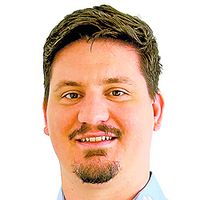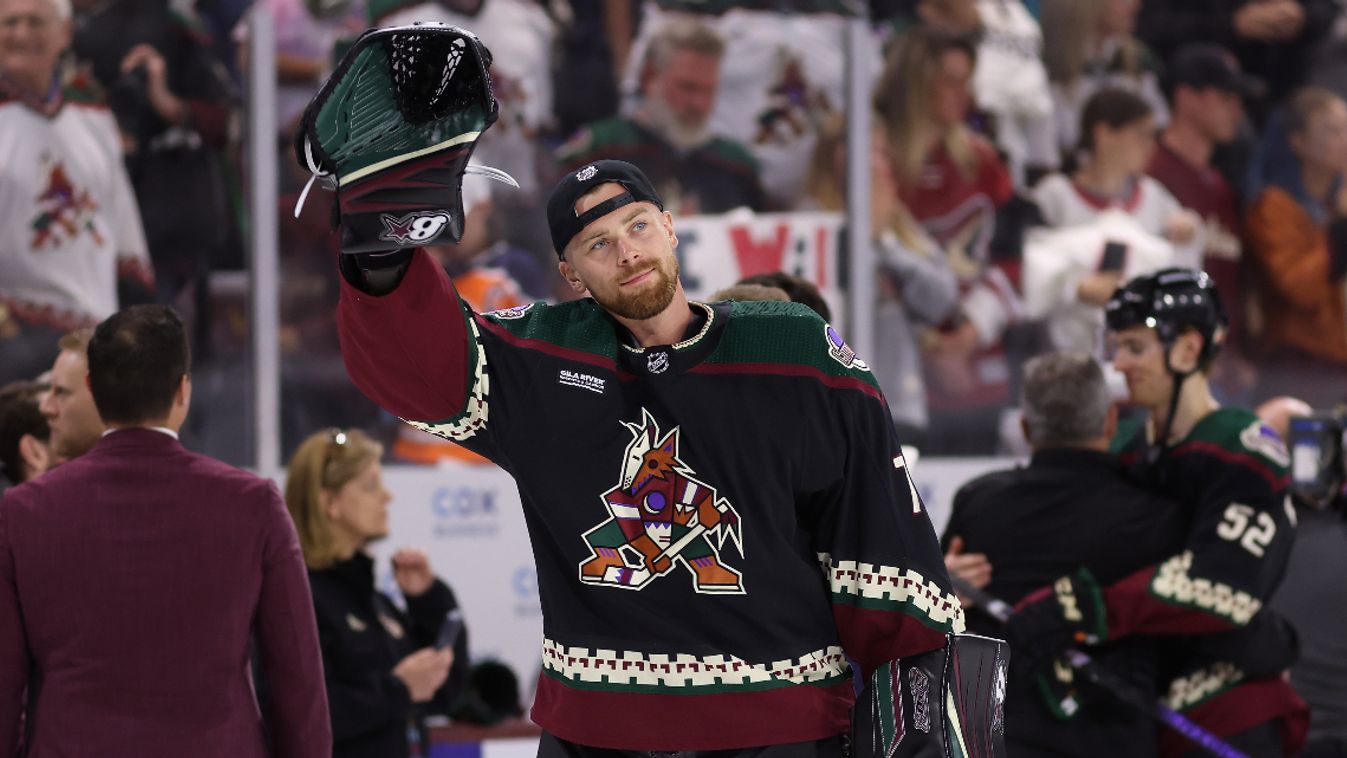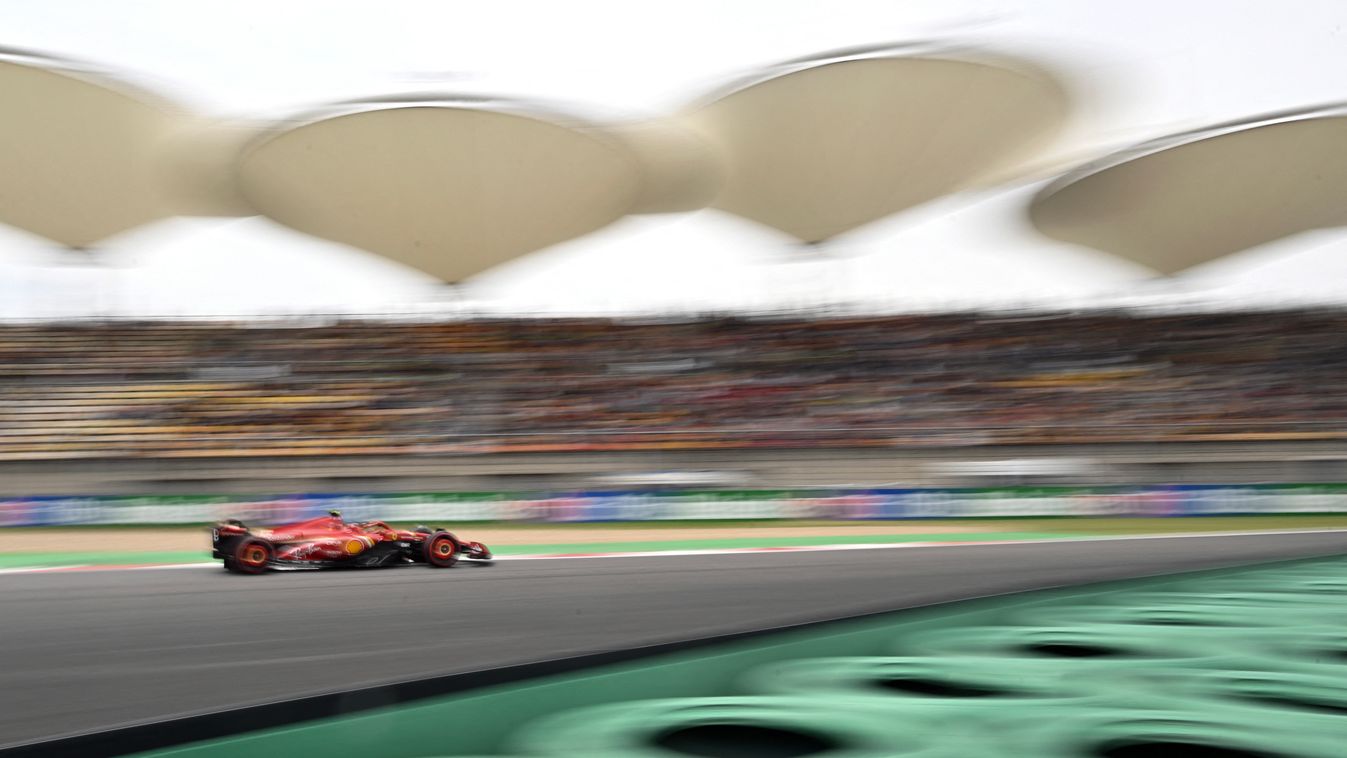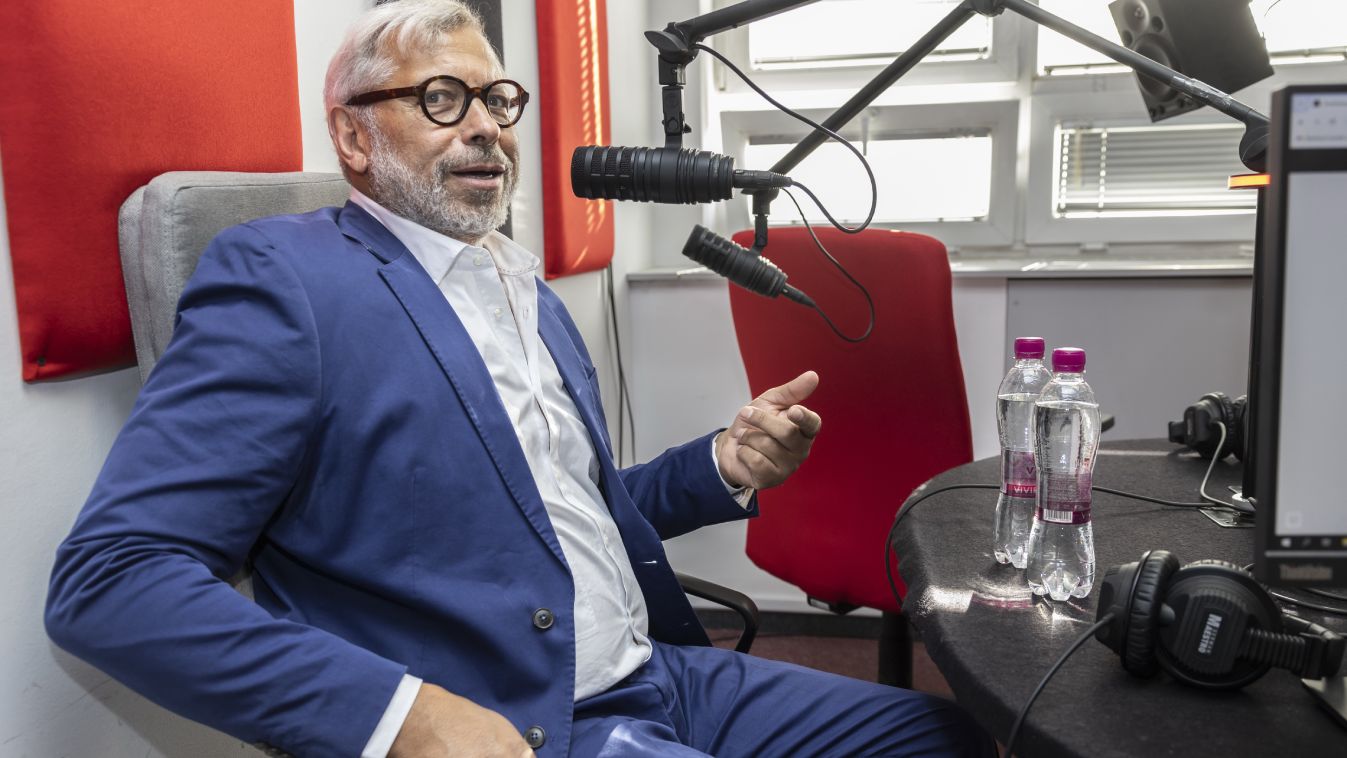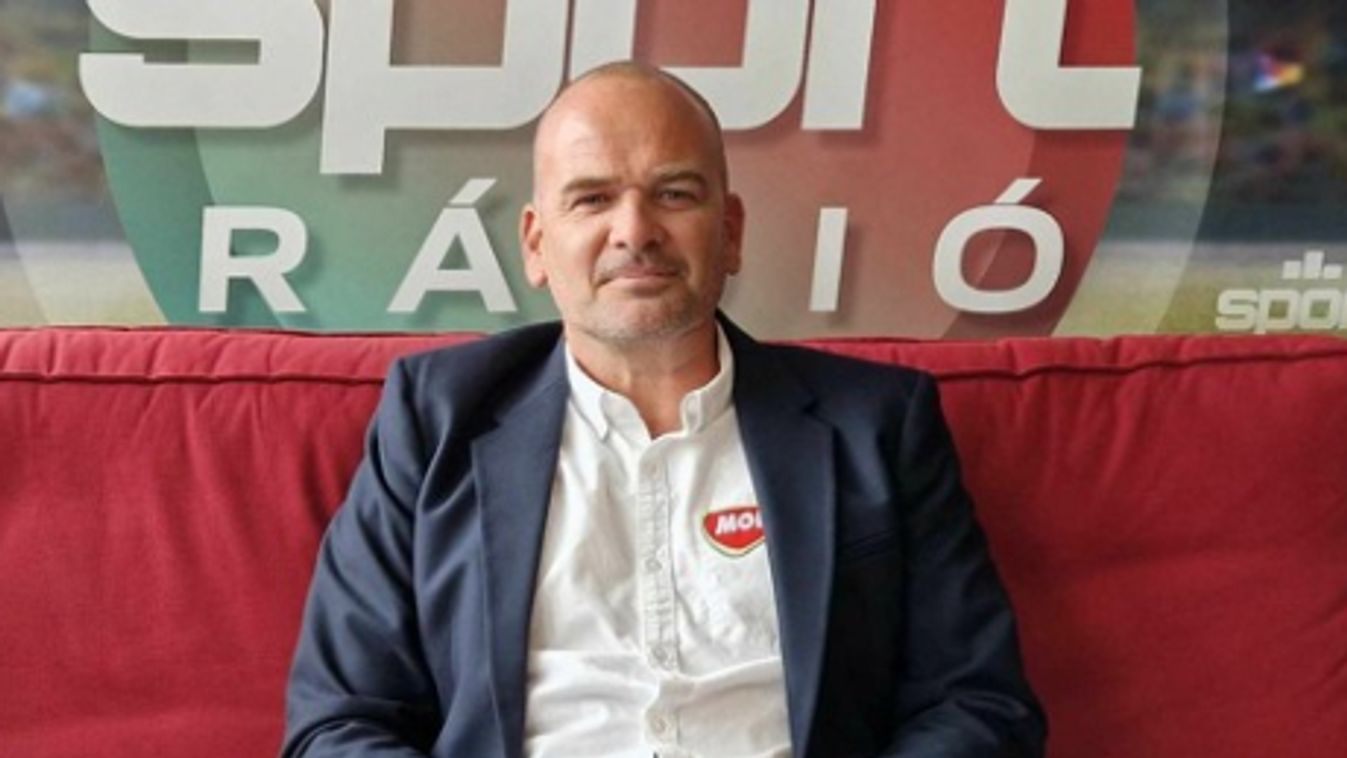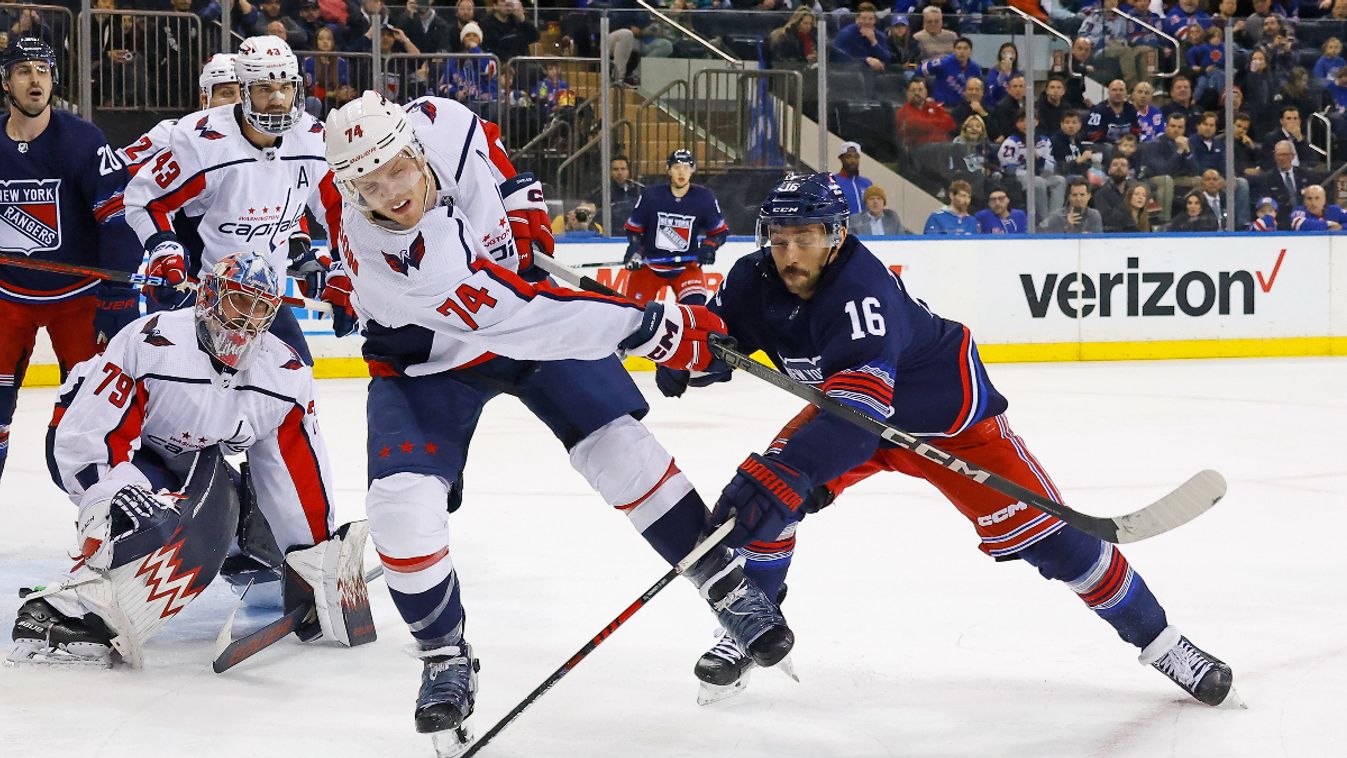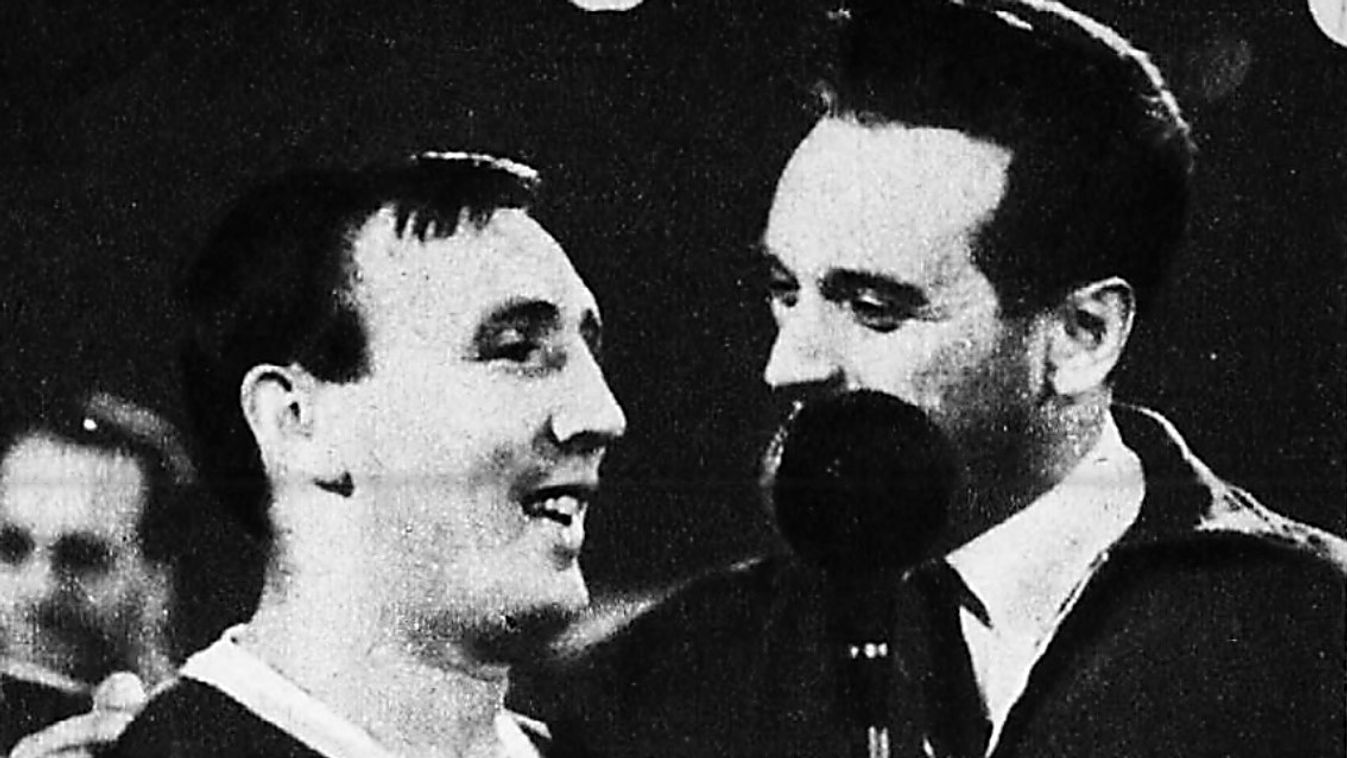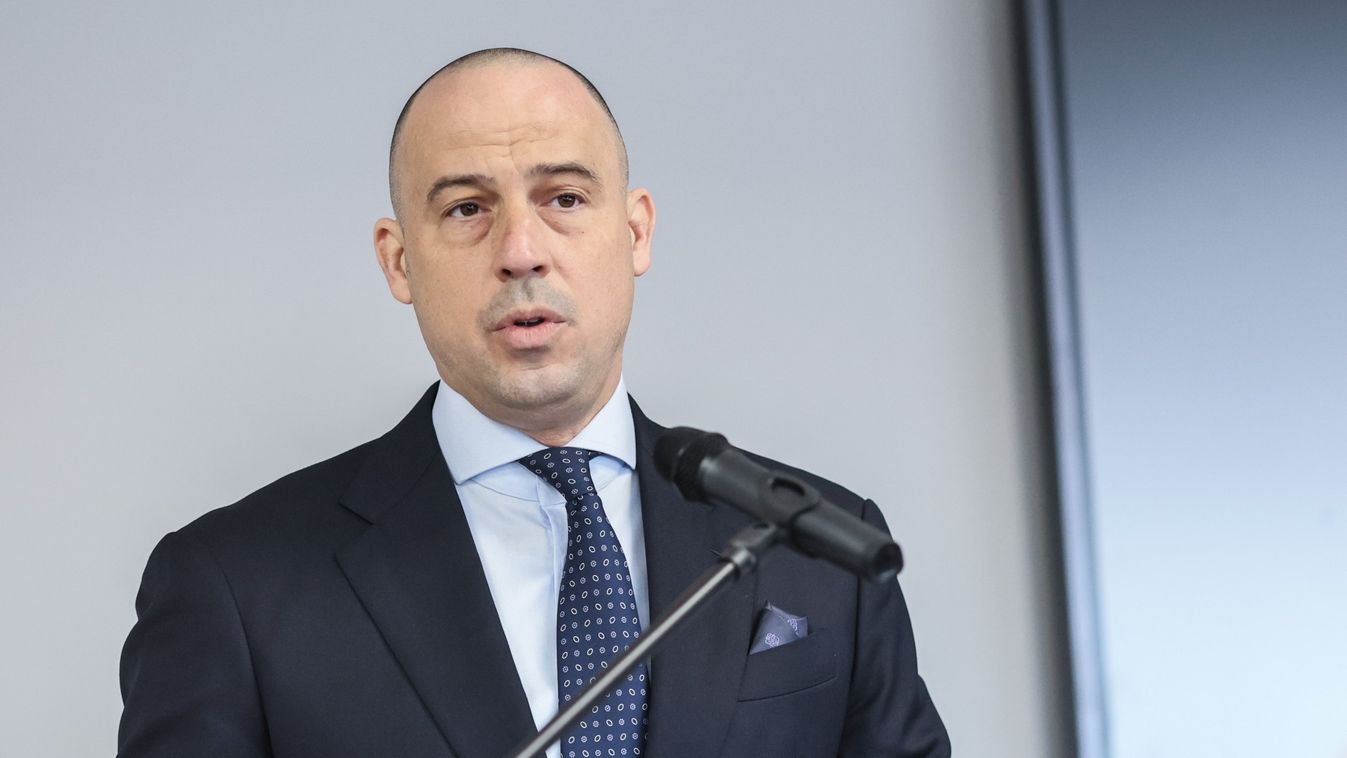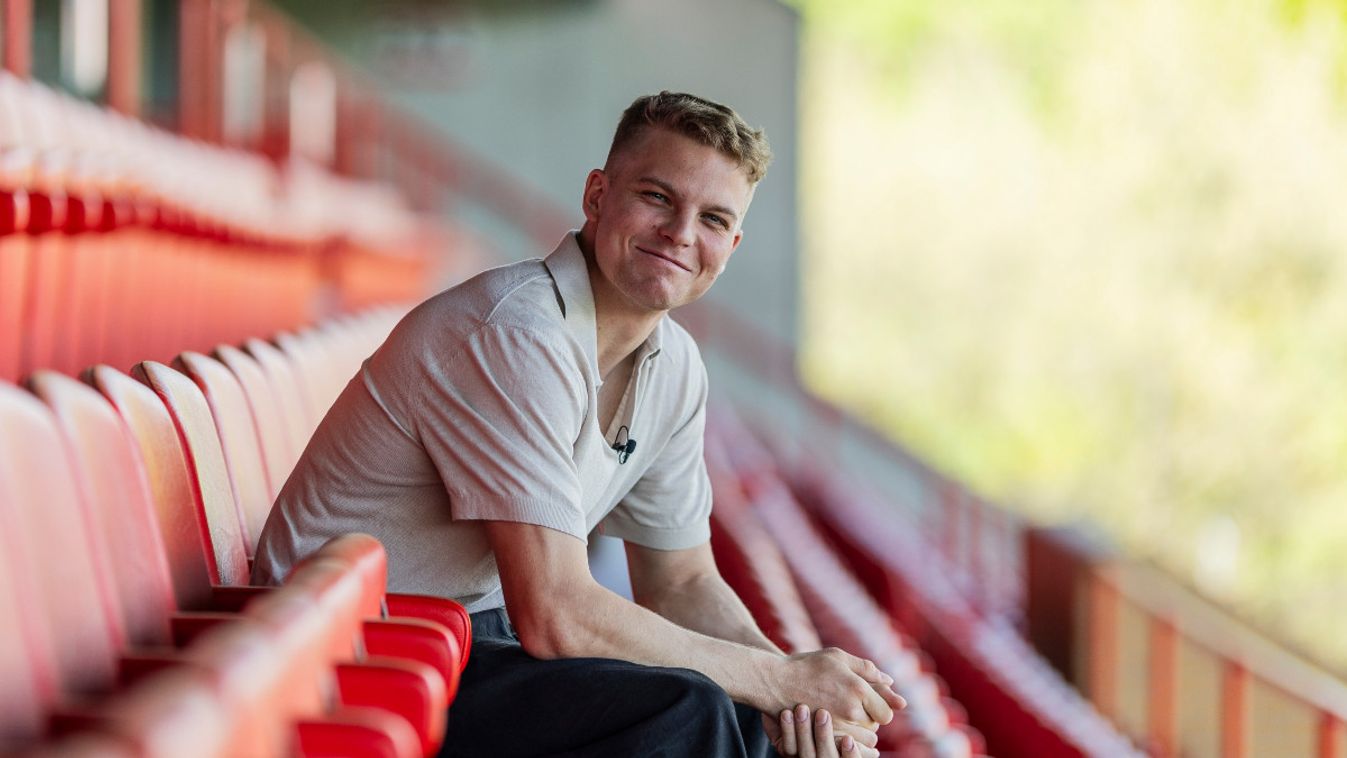Canoe: Bálint Kopasz would retire after Paris, but maybe not for good
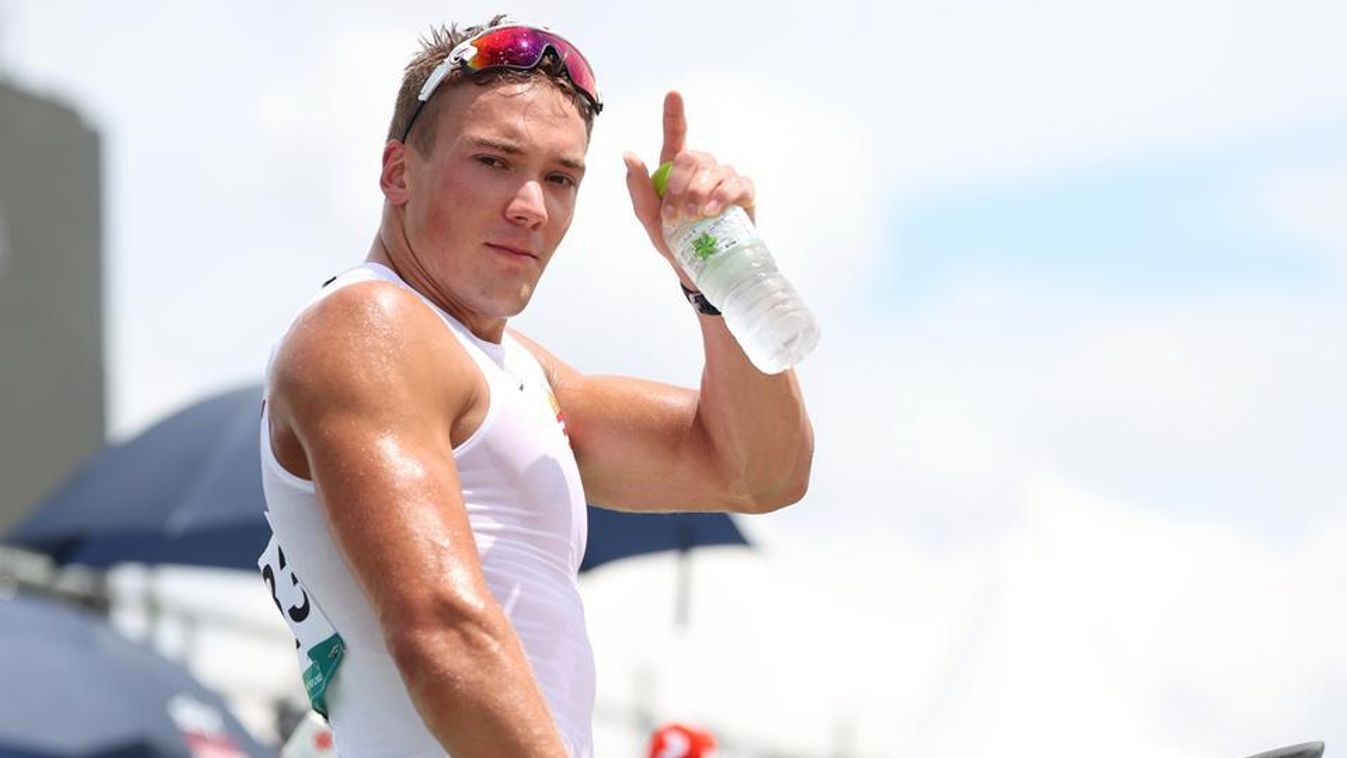
– You've recently said that you would retire after the next Olympics. You will then be only twenty-seven years old, which is by no means Methuselah's age for canoeists. So, the question is, how did you come to this decision?
– Qualifying for just one Olympics is already a great achievement, and if I could participate in the Paris Games as well, I could say that I have participated in three of them – Bálint Kopasz, gold medalist in the K-1 1000m in Tokyo, two-time world champion in the same event, one-time world champion in the K-2 500m and five-time European champion in total, told National Sport. – I won in Japan, and if I could achieve a good result in France, I could tick everything off my canoeing wish list. After that, I would try myself out in other areas of life. I would study, try other things, and I know what they would be, but they are not public at the moment.
– So, where you go from here depends on your result in Paris?
– That's right. But even if I stop, it doesn't mean I'm saying goodbye to the sport for good. I really love canoeing, and I might come back, though I don't plan to. However, I love sports and if my health allows, if my joints, heart and everything are in good shape, I could go on. Who knows, I might get bored of studying by then. I've always been lively, and not the type who stays on his butt for long and reads books. But in the last few years, I've developed a desire, a desire that will soon require me to rest my body for a longer period of time. And the only way to do that is to suspend my competitive sporting activities for at least a year.
– So, we're not talking about retirement, but rather a break?
– Yes! I'd like to canoe between the ages of 30 and 40 as well, and I see it as realistic to continue as a professional athlete. It's also easy for me to say that because I will never stop completely, I will keep training, even if not professionally. I would keep my stamina and fitness at a level that when I decide to come back, I would not start from scratch. But anyway, as long as I'm alive I'll always be doing some kind of sport. I love running and I also like to strengthen in the gym.
– Did you talk to your mother, Irén Kopaszné Demeter, who is also your coach, about your plans? Did she give you any advice?
– No, she heard it for the first time when I announced it at the Hungarian Canoe Federation's (MKKSZ) Athlete of the Year Gala at the end of October. I mean it had already been mentioned, but my statement was unexpected. But her goal was to get me to the Olympic gold medal, which she did. After that, as she put it, these are gift years for her. And she wants to be with her grandchildren now, so I don't think she would mind too much if I retired.
– Have you since discussed your possible return? Would you still envisage a continuation together?
– If she would like to do it, by all means, but we haven't talked about it yet because it's not the right time. And now, I don't want even that to be the focus of attention. We have an important qualification year ahead of us, and then, before you know it, time flies, and the Paris Olympics is upon us. I do not want the press to focus on this in the meantime; there will be opportunities to talk about it afterwards. If everything goes well, I will be working hard to make sure everything goes well. I already spend my whole day training, going to the masseur, the physiotherapist, the physical therapist, and so on.
– By the way, how big is the crew behind a success story like yours?
– Huge and growing. Our winter training does not only consist of swimming, running and fitness, but is complemented - in no particular order of importance - by the aforementioned masseur, physiotherapist, and physical therapist. And since 2018, Balázs Marics, a dietician, has also been working with me. In addition, I have been working with a medical diagnostic team for three years, which, for example, before Tokyo, carried out genetic tests on me that played a major role in my Olympic gold medal. Of course, MKKSZ and my club, Graboplast Győri Vízisport Egyesület, also provide a lot of support to help us reach the highest level: they organize training camps and take care of the accommodation. Then there is also Sportkórház (Sports Hospital), and I could go on and on – I've already mentioned a lot when not even listing everyone. I think a lot of people have no idea what kind of background it takes to become a great athlete – I mean Olympians and world champions. It's not possible any other way.

Izraeli rakéta csapást mért Iránra

Háborús hangulat van Brüsszelben

Szakítottak Schobert Norbiék

„Ide hallgass, te Magyar Péter!” – Bayer Zsolt kemény üzenetet küldött Varga Judit exférjének

Nagyon cukik együtt: így öleli magához Tóth Gabi szerelme a kis Hannarózát

Orbán Viktor hamarosan bejelentést tesz + Videó

Botrány: Vajna Tímea húga idegesen üzent testvérének

Kicsoda Kovács István bíró, Barcelona új közellensége?

Teljes az elődöntő párosítása a BL-ben, az El-ben és az Ekl-ben – íme, a program!

Hiába a korai gól, nem tudott továbbjutni a Liverpool

Dida: Puskás Ferencet ugyanúgy szerethették, mint Pelét


